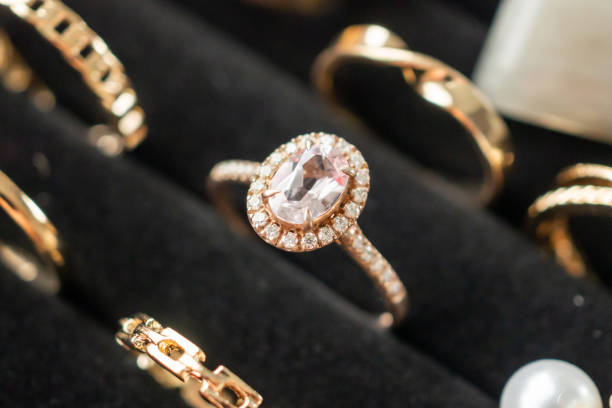The Fascinating Role of Botanicals in Modern Beauty
In the realm of beauty and skincare, the use of botanicals is as ancient as the concept of beauty itself. For centuries, people have turned to plant-based ingredients for their potent healing properties, a practice that continues to evolve in today's cosmetic industry. With an increasing demand for natural, non-toxic beauty products, botanicals are experiencing a resurgence, capturing the attention of consumers, beauty brands, and researchers alike. This article delves into the historical context, current relevance, and future potentials of botanicals in modern beauty.

A Timeless Beauty Tradition
Botanicals have a long history of being used in beauty treatments. Ancient civilizations, including the Egyptians, Greeks, and Romans, utilized plant-based ingredients for their beautifying properties. Cleopatra, the iconic beauty of antiquity, was known for her use of aloe vera, rose, and almond oil. In the Middle Ages, botanicals were incorporated into beauty regimes for their medicinal benefits, as they were believed to treat skin ailments and enhance attractiveness.
Historically, botanicals were not only valued for their efficacy but also for their accessibility. Before the advent of synthetic ingredients, botanicals were one of the few resources available for skincare purposes. They were harvested from gardens, forests, and fields, and processed into oils, balms, and powders.
The Modern Relevance and Reception of Botanicals
Fast forward to the 21st century, and botanicals are more than just a nostalgic nod to ancient beauty practices. They are a vital part of the modern clean beauty movement, which emphasizes transparent ingredient lists and environmentally friendly practices. Many consumers are skeptical of synthetic ingredients, preferring natural botanicals that are perceived as safer and gentler on the skin.
The growing interest in botanicals is reflected in the booming market for natural and organic beauty products. According to a report by Grand View Research, the global organic personal care market size was valued at $13.33 billion in 2020 and is expected to grow at a compound annual growth rate (CAGR) of 8.1% from 2021 to 2028.
The Impact of Botanicals on Beauty Trends
Botanicals are not just shaping consumer preferences; they are also influencing product development and marketing strategies. Beauty brands are increasingly incorporating botanicals into their formulations and branding narratives. From rose-infused facial sprays to matcha-infused masks, botanicals are being celebrated for their unique properties, exotic origins, and sensory appeal.
This botanical trend is having a transformative impact on the beauty industry, prompting it to reassess its ingredient sourcing, formulation processes, and sustainability commitments. As consumers demand greater transparency and eco-consciousness, the industry is being pushed towards more ethical and sustainable practices.
Unique Insights: The Science Behind Botanical Beauty
While the trendiness of botanicals can sometimes overshadow their effectiveness, it’s worth noting that many botanicals have scientifically proven benefits for the skin. For instance, aloe vera is known for its soothing and hydrating properties, rosehip oil is rich in skin-brightening vitamin C, and chamomile has impressive anti-inflammatory benefits.
However, it’s important to approach botanical beauty with a critical eye. Not all botanical ingredients are created equal, and some may cause allergic reactions or skin sensitivities. Furthermore, the effectiveness of a botanical ingredient can vary depending on its concentration, extraction method, and the other ingredients it is combined with.
The Future of Botanicals in Beauty
Looking ahead, botanicals will continue to play a crucial role in the beauty industry. As research advances, we can expect to discover new botanical ingredients with potent skin benefits. Additionally, innovative extraction methods will likely be developed to harness these benefits more effectively.
Moreover, the future of botanical beauty lies not only in the plants themselves but also in the philosophies they embody. Botanical beauty is about more than just natural ingredients; it’s about a holistic approach to skincare that respects our skin’s biology, our health, and our planet. As such, the rise of botanicals could pave the way for a more mindful and sustainable beauty culture.
In conclusion, the role of botanicals in modern beauty is multifaceted and dynamic. They are an integral part of our beauty heritage, a driving force behind current trends, and a promising frontier for future innovations. As consumers, it’s exciting to be part of this botanical beauty journey, where we can appreciate the beauty of nature and harness its power for our skin.




